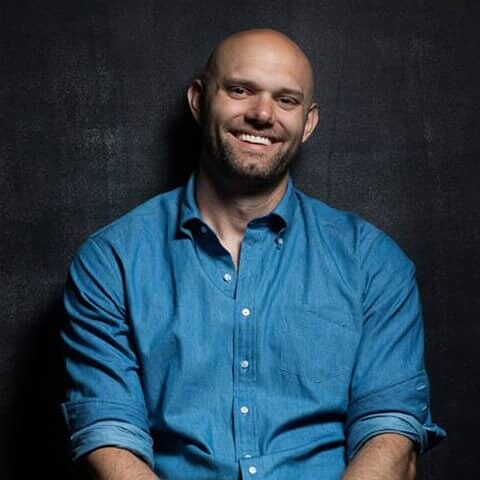 author
authorKlaus Schwab
Klaus Martin Schwab is a German engineer, economist, and founder of the World Economic Forum. He has acted as the WEF's chairman since founding the organization in 1971. Schwab was born to Eugen Wilhelm Schwab and Erika Epprecht in Ravensburg. His parents had moved from Switzerland to Germany during the Third Reich in order for his father to assume the role of director at Escher Wyss AG, an industrial company and contractor for then-Nazi Germany. Schwab's family was monitored by the Gestapo, which in 1944 also interrogated his mother (who was from Zürich) for speaking with a Swiss accent in public.
Schwab was raised Catholic. He is a citizen of Germany, although he has three Swiss grandparents and two Swiss brothers. Schwab has been married since 1971 to Hilde Schwab, a former assistant of his. The wedding took place in Sertig Valley at a Reformed church. The couple lives in Cologny in Switzerland. The Schwabs have two adult children, Nicole (born 1975/76) and Olivier. Nicole Schwab co-founded the Gender Equality Project. Schwab attended 1st and 2nd grade at the primary school in the Wädenswil district of Au ZH, in Switzerland.
After World War II, the family moved back to Germany, where Schwab attended the Spohn-Gymnasium in Ravensburg until his Abitur in 1957. In 1961, he graduated as a mechanical engineer from the Swiss Federal Institute of Technology in Zurich, which awarded him a doctorate in engineering entitled: Der längerfristige Exportkredit als betriebswirtschaftliches Problem des Maschinenbau (Longer-term export credit as a business problem in mechanical engineering).
He was also awarded a doctorate in economics from the University of Fribourg and a Master of Public Administration degree from the John F. Kennedy School of Government at Harvard University. Schwab was a professor of business policy at the University of Geneva from 1972 to 2003 and since then has been an Honorary Professor there. Since 1979, he has published the Global Competitiveness Report, an annual report assessing the potential for increasing productivity and economic growth of countries around the world, written by a team of economists.
Schwab has authored or co-authored several books. Some consider him to be "an evangelist" for "stakeholder capitalism." The Fourth Industrial Revolution, the subject of a 2016 book he wrote, is another of the ideas he has popularized. In January 2017, Steven Poole in The Guardian criticized Schwab's Fourth Industrial Revolution book, pointing out that "the internet of things" would probably be hackable. He also criticized Schwab for showing that future technologies may be used for good or evil but not taking a position on the issues, instead offering only vague policy recommendations.
The Financial Times "innovation editor" found "the clunking lifelessness of the prose" led him to "suspect this book really was written by humans—ones who inhabit a strange twilight world of stakeholders, externalities, inflection points, and “developtory sandboxes.” The political scientist Klaus-Gerd Giesen has argued that the dominant ideology of the Fourth Industrial Revolution is transhumanism.
Best author’s book



Written books
1



















